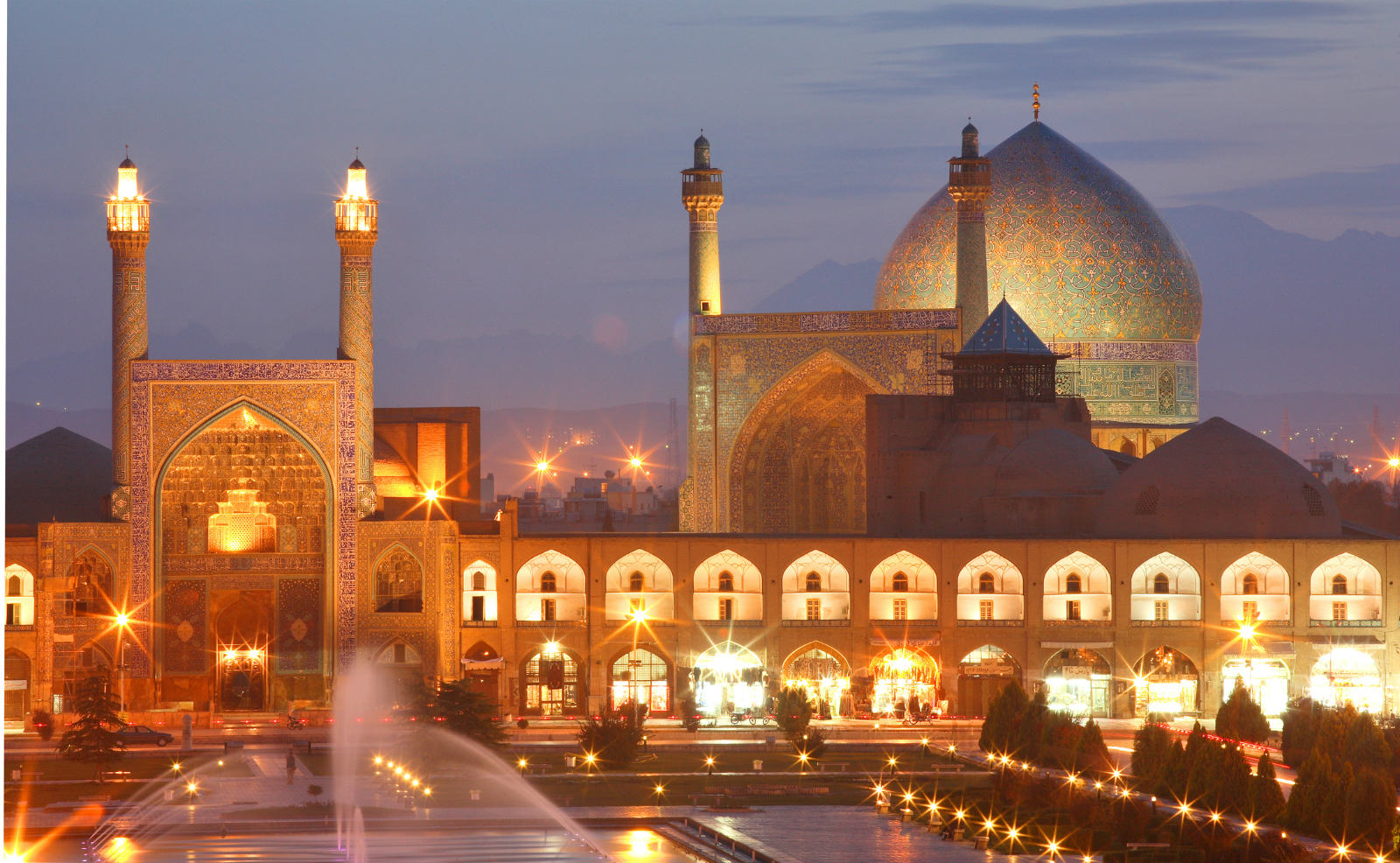
Introduction
Bosnia-Herzegovina, a nation in Southeast Europe on the Balkan Peninsula, has recently garnered international attention due to significant political and social developments. The importance of Bosnia lies in its unique cultural diversity and its complex history, especially following the civil war in the 1990s that divided it along ethnic lines. Understanding current events in Bosnia is crucial for grasping the dynamics of the Balkans, particularly as the region navigates issues related to identity, governance, and European integration.
Political Landscape
As of October 2023, Bosnia’s political scene continues to be shaped by tensions among its three main ethnic groups: Bosniaks, Croats, and Serbs. The country is currently grappling with a political stalemate, exacerbated by the delayed implementation of electoral reforms aimed at ensuring fair representation. The most recent elections held in September 2022 revealed deep-seated divisions, with multi-ethnic parties struggling to maintain unity in the face of rising nationalist sentiments.
Economic Developments
On the economic front, Bosnia is navigating the challenges posed by the global economic downturn. The country has been receiving support from the International Monetary Fund (IMF), focusing on structural reforms to boost economic growth. In recent months, the government has taken steps to address unemployment and bolster the economy through initiatives aimed at attracting foreign investment. Key sectors such as tourism and energy are seen as vital contributors to economic recovery.
Social Dynamics
Social issues remain prevalent in Bosnia, particularly concerning youth unemployment and brain drain, with many young people seeking opportunities abroad. Grassroots movements have emerged, advocating for political reform and greater engagement from the younger generations in the decision-making processes. Public demonstrations in urban centres highlight dissatisfaction with the current leadership and demand accountability.
Conclusion
In conclusion, the situation in Bosnia remains a focal point for analysts and policymakers, underscoring the need for continued dialogue and reform. The future of Bosnia will likely hinge on the ability of its leaders to foster inclusivity and cooperation among its diverse population. As events unfold, the international community will be watching closely, hoping for a stable and prosperous Bosnia that can serve as a model for reconciliation and development in the Balkans.
You may also like

Understanding the Current Political Landscape in the UK

Current Events: What’s Happening in Iran

Key Developments and Current Events in Iran
SEARCH
LAST NEWS
- Remembering Wendy Richard: The Promise to Co-Star Natalie Cassidy
- How Did Anglian Water Achieve an ‘Essentials’ Rating for Mental Health Accessibility?
- Shai Hope Leads West Indies in T20 World Cup Clash Against South Africa
- What We Know About Weston McKennie: Future at Juventus and Past at Leeds
- What We Know About the Upcoming Live Nation Antitrust Trial